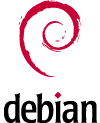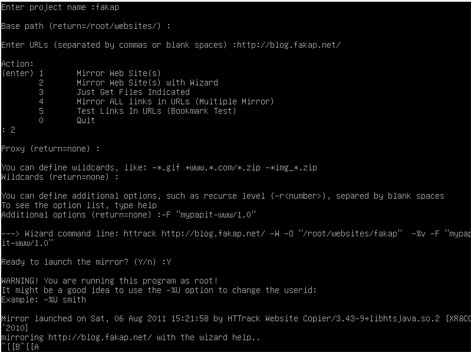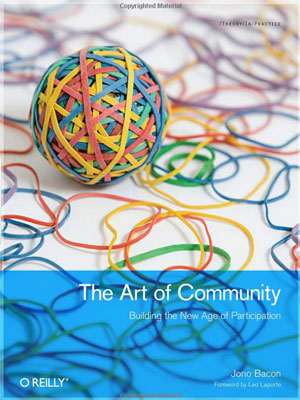*Note that I’m not a legal expert or an attorney, this is just based on my personal experience and internet search*
There are people who asked me about why bother to release a piece of software or code under Open Source License instead of putting it in Public Domain.
First of all it is a matter of personal choice if write the code or the said work on your own, . But if you release your work under open license (open source or creative commons), you can still retains the copyright (ownership) of the materials that you’ve released. Technically, people who used your work has to adhere to the copyright license terms of your choosing, including freeing you from liabilities if the software is broken or causes harm. Licensing your work will acknowledge you as the owner and those who used your application, and you retain legal rights for your work.
On the other hand — once you have put your work on Public Domain, you will lose your rights on the work, as the work would have no copyright-owner and isn’t protected by copyright law. So people are free to use the materials without any restrictions at all, including to incorporate the material into their work and make it proprietary and subsequently copyrighted it without legal repercussion. You will lose the legal right on your work.
Public domain isn’t a license, it is merely a statement that the software was given to the public and to make things more complicated, some countries disallow public domain material, meaning that the writer will not be protected by the copyright law if the software causes harm to others (the ABSOLUTELY NO WARRANTY and LIMITED WARRANTY, or AS IS clause).
Remember: Public Domain is not recognized internationally and is not stipulated under Berne Convention and in some countries, the author can’t disclaim moral rights.
Therefore, it is more wise to release the the software under a permissive license (copyright), rather than releasing it under public domain right away.
References
1. Creative Commons vs Public Domain
2. Is Public Domain software Open-Source ?
3. Why the Public Domain isn’t a License?
4. Why public domain release is a bad idea



